Gdansk: A quiet contender for Krakow's crown?
Could this former industrial port city become the new cultural hub of Poland?
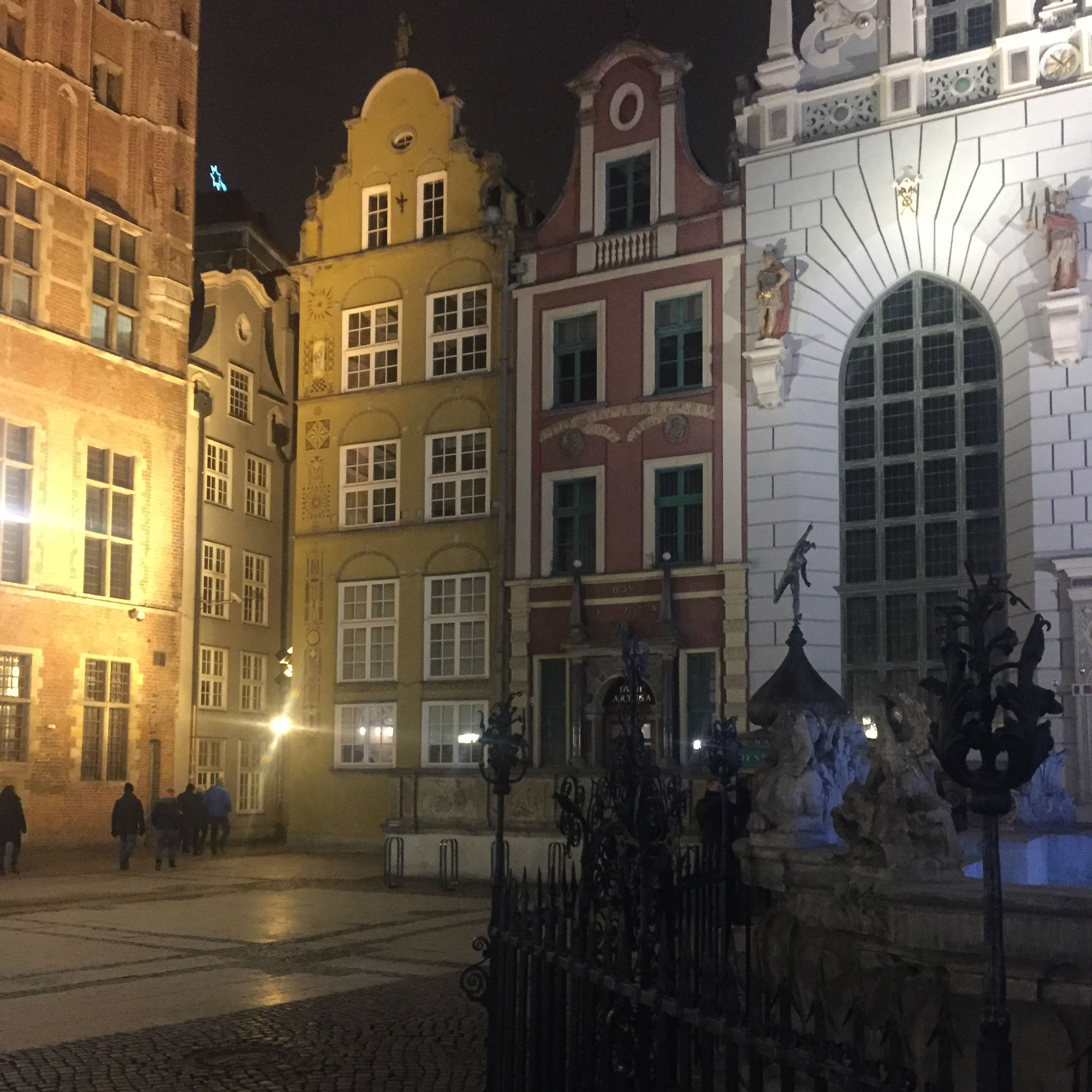
A free daily email with the biggest news stories of the day – and the best features from TheWeek.com
You are now subscribed
Your newsletter sign-up was successful
Krakow exists for those intimidated by the grit of Warsaw. Poland's other great city – and until the late 1600s its capital – lures travellers from across Europe, its stunning architecture (miraculously preserved during World War II) and artistic past earning it a reputation as the nation's cultural hub, complete with jazz clubs, independent booksellers and sleepy cafes.
However, that reputation is being slowly challenged, with a quietly confident underdog emerging eager to seize Krakow's cultural crown.
Enter: Gdansk
The Week
Escape your echo chamber. Get the facts behind the news, plus analysis from multiple perspectives.

Sign up for The Week's Free Newsletters
From our morning news briefing to a weekly Good News Newsletter, get the best of The Week delivered directly to your inbox.
From our morning news briefing to a weekly Good News Newsletter, get the best of The Week delivered directly to your inbox.
Part of Poland's Trojmiasto – or Tri-city – metropolitan area with Gdynia and Sopot, Gdansk sits off the Baltic Sea in the north of the country. A former economically prized port city with a bloodied past – it has survived two national partitions and both fascists and communists – Gdansk has undergone a period of rapid development that has transformed it into an elegant and enchanting getaway.
Scarred streets
After a surprisingly swift journey (direct flights to Gdansk run from most cities in the UK), I made my way to the peach-coloured Dwor Oliwski Spa Hotel.

Peach, of course, isn't a colour typically associated with the interior design of a five-star hotel – nor are clashing floral motifs, netting, and textured, floor-to-ceiling wallpaper. Yet the spa's old-fashioned design feels authentically Eastern European, creating a sense of charm that pervades my entire stay – one boosted by the friendliness of the resident cat and the staff's general air of enthusiasm.
A free daily email with the biggest news stories of the day – and the best features from TheWeek.com
The hotel boasts a picturesque terrace bar, where guests tend to tuck into an impressive breakfast spread, and a spa set in the beautiful and unspoilt Oliwa forest, which gives literal meaning to the notion of a retreat.
Although located in the heart of the forest, Dwor Oliwski – which, in a nod to sporting diplomacy, welcomed the entire German national team for the 2012 Uefa European Championship - is only a 15 minute drive from the city's landmark Targ Weglowy square, where my pre-conceived ideas of industrial bleakness were lost to a grand, picturesque walkway, decorated with colourful and snugly-lined burgher houses and a grand, gothic town hall (a hint as to the city's former industrial importance).

Known as the "royal route", this pedestrian street connects the 16th century Golden Gate to the rather grand Green Gate, a former royal residence that overlooks the sedative River Motlawa. It is a reminder that Gdansk was once walled - ironic, given its former status as a free city.
A view of how the city looked before the Second World War can be found in the medieval town hall, now home to the Historical Museum of Gdansk. As well as providing unrestricted and unparalleled views over the city, it houses a permanent exhibition that documents the city before 1939 and the devastation that occurred during the conflict, when the city was practically obliterated. More than 90 per cent of the city has been rebuilt to mirror the beautiful architecture that overnight crumbled to rubble, including the "medieval" town hall itself.
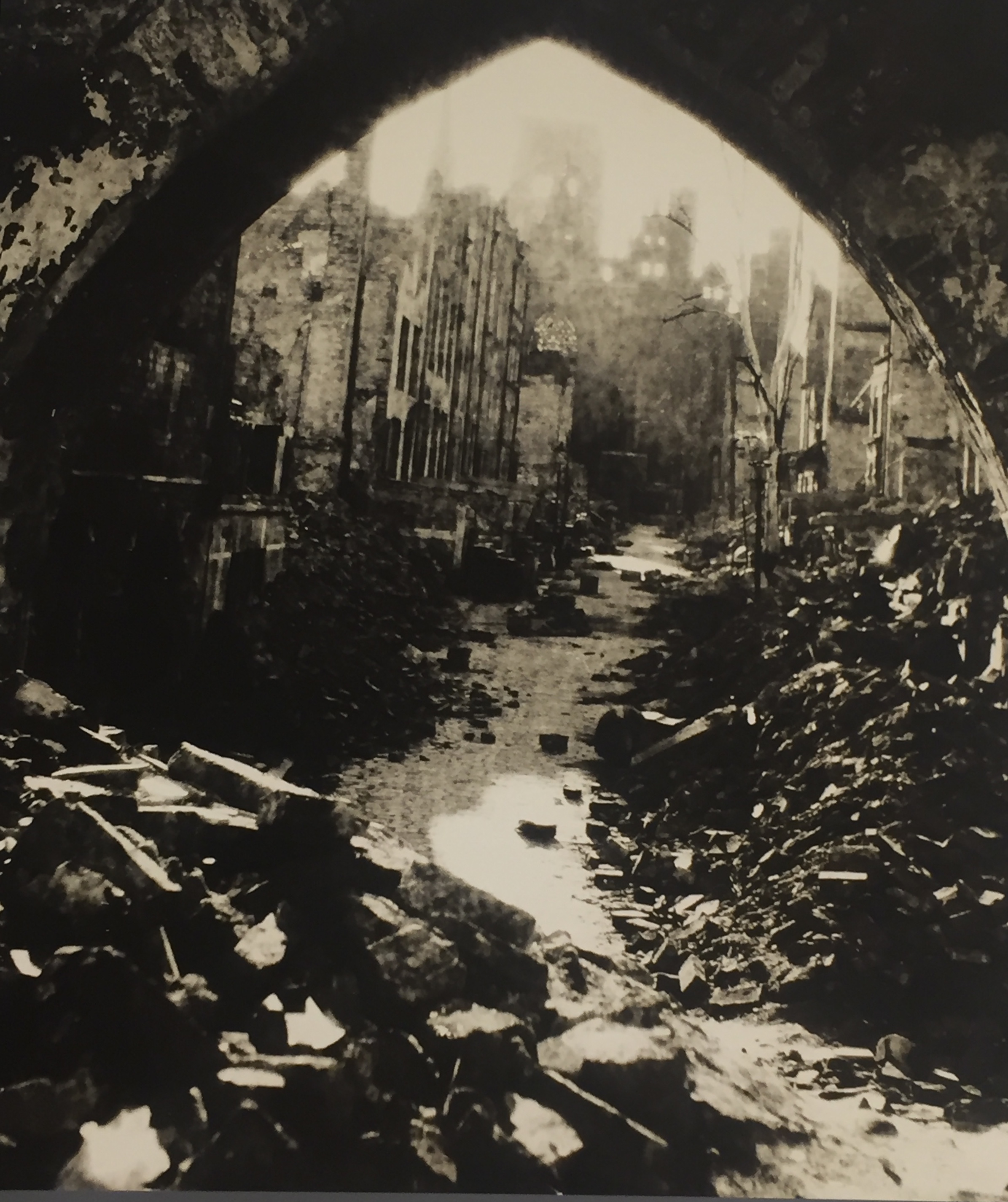
Leading the fightback
The physical scars of the war may have gone, but its legacy remains. Besides touring the port of Westerplatte, visitors can send a postcard from the old Post Office and stand in the very spot where workers resisted heavily armed German soldiers for several hours.
These locations fuel David and Goliath stories of wartime resistance, an essential volume of Polish folklore, but they are mere background reading compared to the city’s main chapter in history: its pivotal role in the collapse of the Eastern Bloc.
Located next to the city’s shipyards stands the European Centre of Solidarity, a fascinating museum that narrates the role Solidarnosc and the Lenin Shipyard played in Poland's break from communism and the impact this had on the Soviet Union. Its permanent exhibition blends modern multimedia experience with authentic artefacts, keeping visitors engaged for hours and winning it the Council of Europe Museum Prize last year.
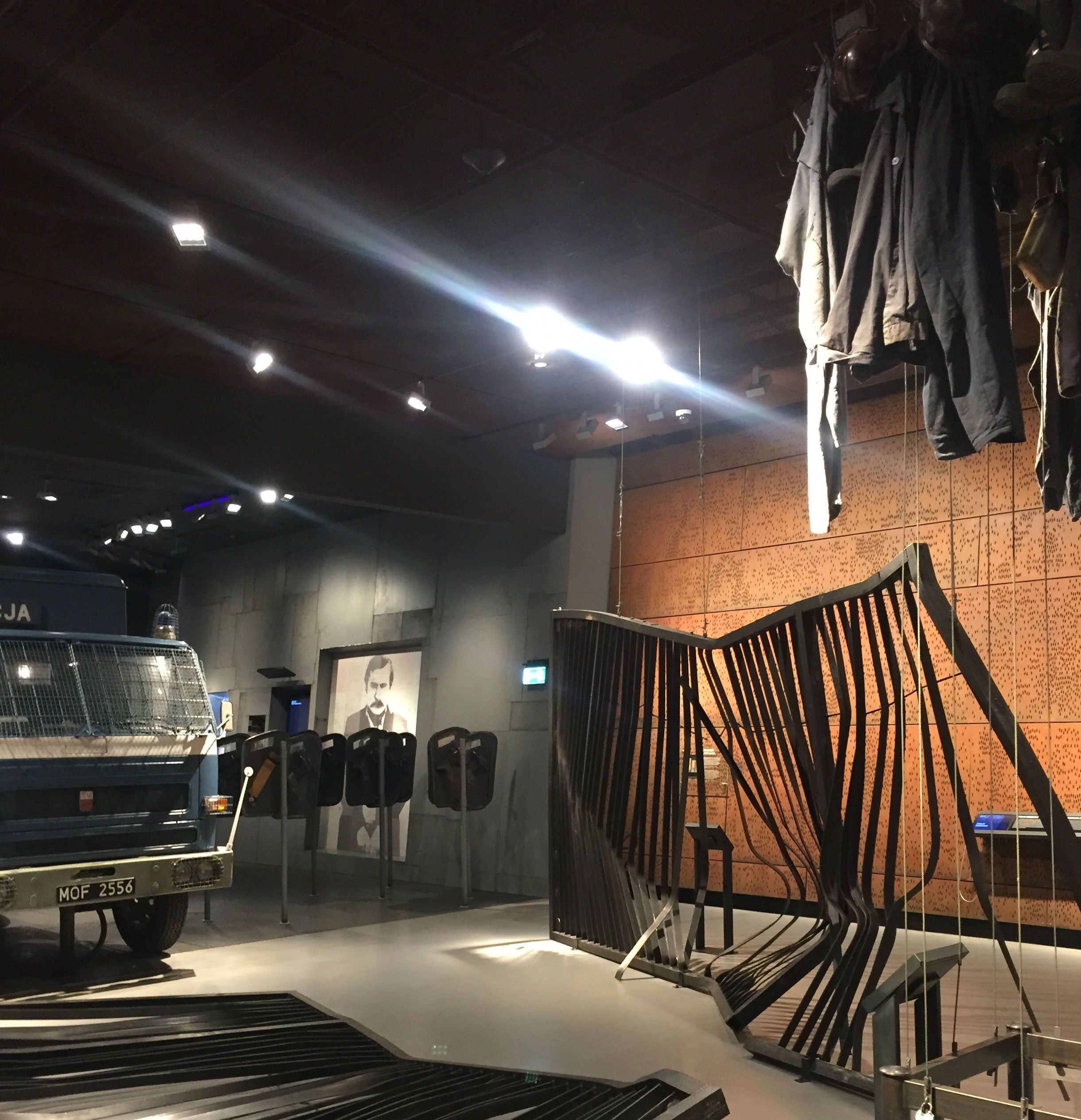
Contemporary cool
Despite most people thinking Polish cuisine revolves around beetroot, cabbage and potato, there is an emerging "foodie scene" in Gdansk. On the same street as the renowned Pod Lososiem - an ornately decorated and intimidatingly grand restaurant famed for its production of goldwasser, an ancient German drink decorated with gold leaves - lies the minimalist and modern gourmet restaurant, Metamorfoza.

Here you will find exquisite, seasonal dishes all ethically sourced from the region's farms, forests and rivers. Priced at 160 zloty (around £30) Metamorfoza's six-course tasting menu can be enjoyed for a fraction of the price tag typically associated with fine dining. Best of all, the restaurant is not at all pretentious. Its playful daily menu – which in my case read: "What did the huntsman shoot?" (that would be deer) and "Pine in the snow" (frozen custard disguised in meringue) – is matched with friendly service.
For the beetroot, cabbage and spud-loving traditionalists out there, the city still boasts many restaurants offering hearty, homemade dishes. Tawerna Mestwin is one of the best. Here you can tuck into plump and perfectly steamed pierogis filled with beef and sauerkraut and deliciously topped with crisp, fried onion while enjoying the cosy ambience of a family cottage, complete with exposed wooden beams, floral tablecloths and enough crochet to inspire even the most reluctant of knitters.
The contrast between these two restaurants reflects the city's mix of old and new, earthy and refined. Milk bars - communist relics catering for lowly paid workers - sit beside hipster bars such as Josef K, a trendy den-cum-junk-shop at the top of Ulica Piwna and a short walk from the awe-inspiring St Mary's Church.
Gdansk's gentrification does not appear as even-handed as Krakow's, which benefits from a large student population and an established connection with the arts. In Gdansk, there is a sense that its changing face – brought about by EU membership, increased tourism and the emergence of new industries at the expense of blue-collar manufacturing – has, in the words of one local bar-dweller, "created winners and losers".
A genuine contender or a worthy runner-up?
The cultural gains may be of little comfort to the industrial workers of Gdansk, whose role in shaping the city's incredible history has ironically paved the way for an influx of middle-class visitors.
What lingers in the memory after a visit to Gdansk is not the cranes, the smog and the shipyards, but the engaging museums, refined cuisine and beautiful architecture. It may not have the same sophistication as Krakow, but its charm and history make Gdansk, at the very least, an intriguing equal.
-
 Film reviews: ‘Wuthering Heights,’ ‘Good Luck, Have Fun, Don’t Die,’ and ‘Sirat’
Film reviews: ‘Wuthering Heights,’ ‘Good Luck, Have Fun, Don’t Die,’ and ‘Sirat’Feature An inconvenient love torments a would-be couple, a gonzo time traveler seeks to save humanity from AI, and a father’s desperate search goes deeply sideways
-
 Political cartoons for February 16
Political cartoons for February 16Cartoons Monday’s political cartoons include President's Day, a valentine from the Epstein files, and more
-
 Regent Hong Kong: a tranquil haven with a prime waterfront spot
Regent Hong Kong: a tranquil haven with a prime waterfront spotThe Week Recommends The trendy hotel recently underwent an extensive two-year revamp
-
 Friendship: 'bromance' comedy starring Paul Rudd and Tim Robinson
Friendship: 'bromance' comedy starring Paul Rudd and Tim RobinsonThe Week Recommends 'Lampooning and embracing' middle-aged male loneliness, this film is 'enjoyable and funny'
-
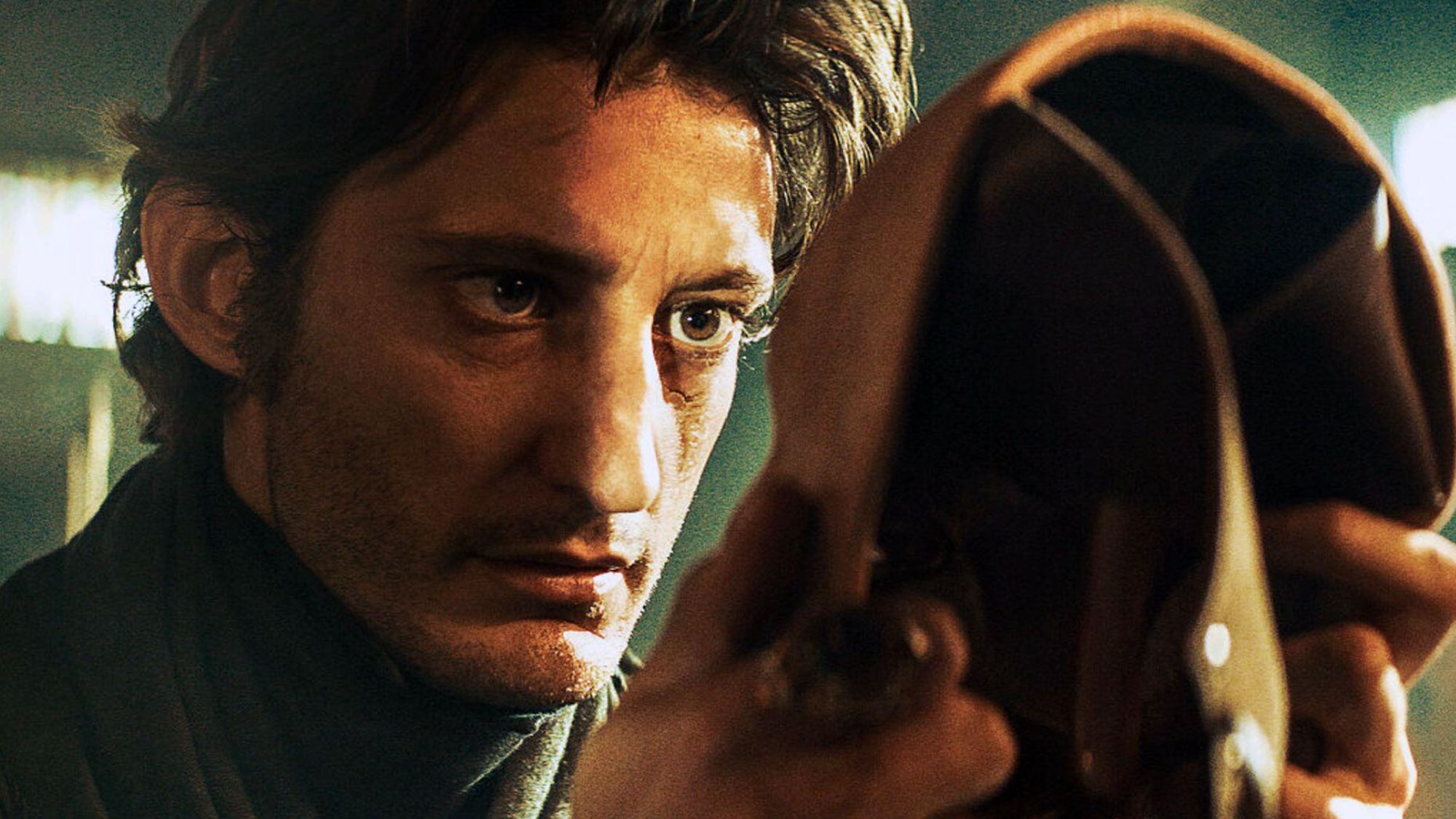 The Count of Monte Cristo review: 'indecently spectacular' adaptation
The Count of Monte Cristo review: 'indecently spectacular' adaptationThe Week Recommends Dumas's classic 19th-century novel is once again given new life in this 'fast-moving' film
-
 Death of England: Closing Time review – 'bold, brash reflection on racism'
Death of England: Closing Time review – 'bold, brash reflection on racism'The Week Recommends The final part of this trilogy deftly explores rising political tensions across the country
-
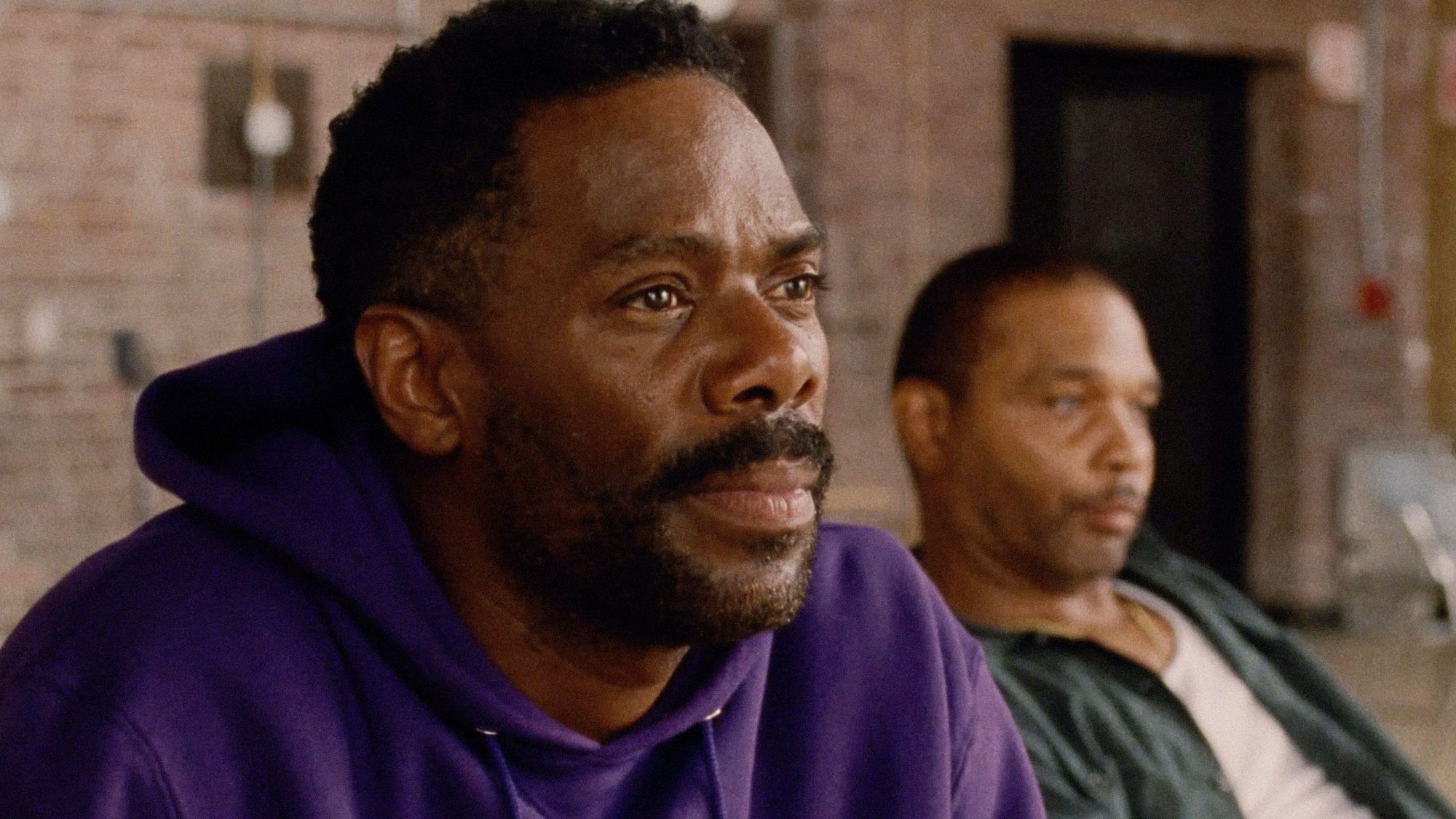 Sing Sing review: prison drama bursts with 'charm, energy and optimism'
Sing Sing review: prison drama bursts with 'charm, energy and optimism'The Week Recommends Colman Domingo plays a real-life prisoner in a performance likely to be an Oscars shoo-in
-
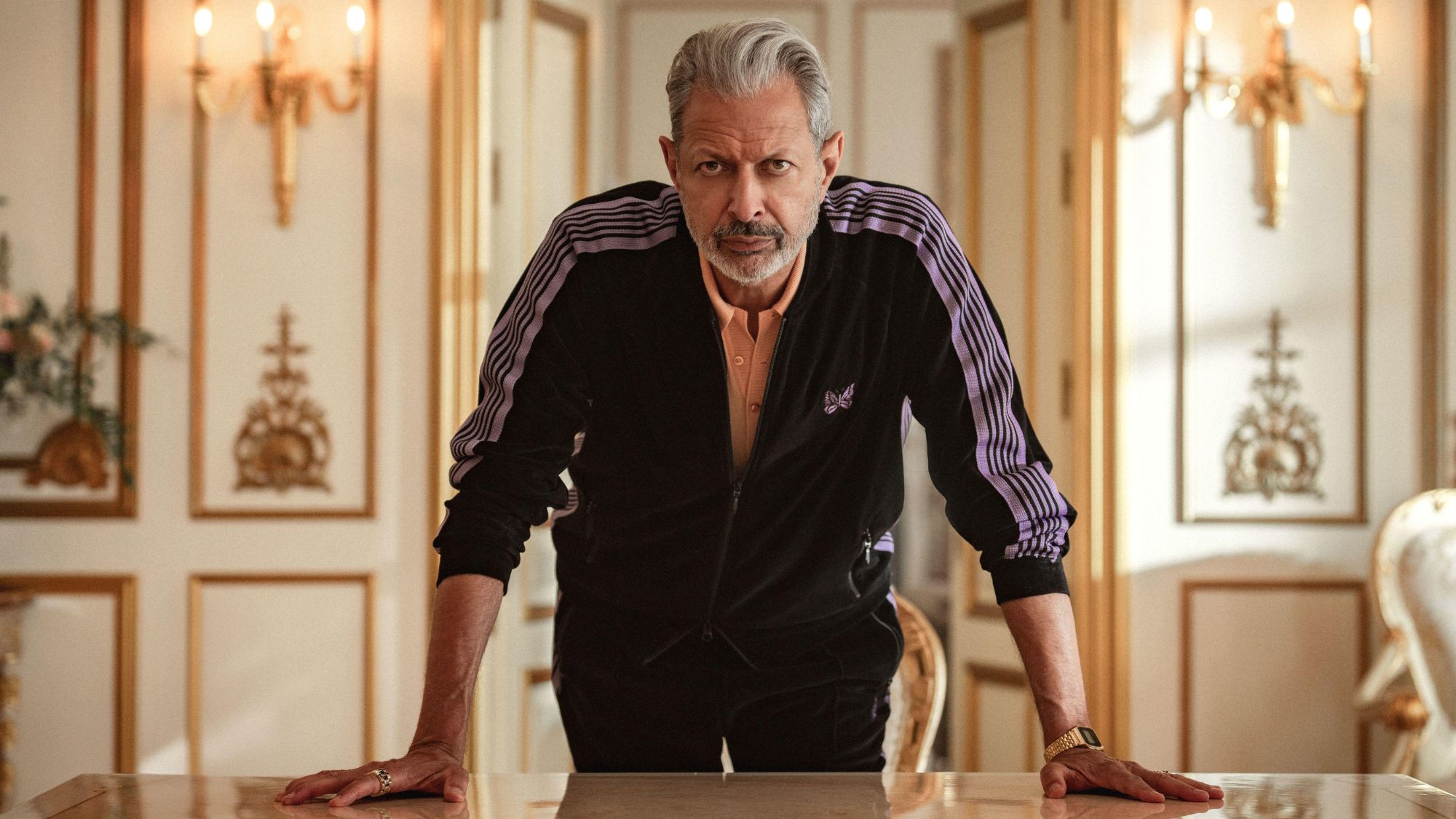 Kaos review: comic retelling of Greek mythology starring Jeff Goldblum
Kaos review: comic retelling of Greek mythology starring Jeff GoldblumThe Week Recommends The new series captures audiences as it 'never takes itself too seriously'
-
 Blink Twice review: a 'stylish and savage' black comedy thriller
Blink Twice review: a 'stylish and savage' black comedy thrillerThe Week Recommends Channing Tatum and Naomi Ackie stun in this film on the hedonistic rich directed by Zoë Kravitz
-
 Shifters review: 'beautiful' new romantic comedy offers 'bittersweet tenderness'
Shifters review: 'beautiful' new romantic comedy offers 'bittersweet tenderness'The Week Recommends The 'inventive, emotionally astute writing' leaves audiences gripped throughout
-
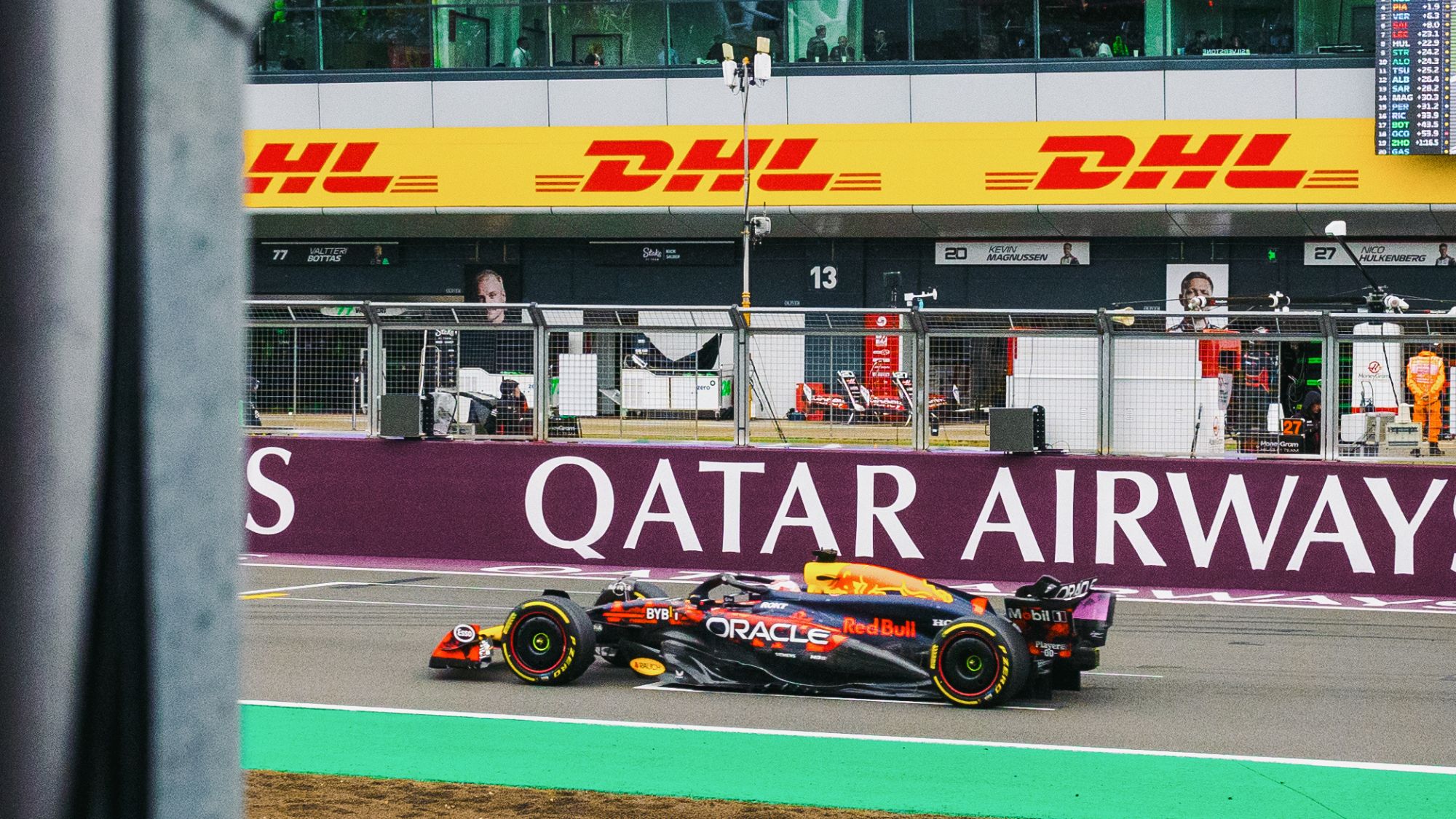 How to do F1: British Grand Prix 2025
How to do F1: British Grand Prix 2025The Week Recommends One of the biggest events of the motorsports calendar is back and better than ever